
Day 4 – Listening Skills for Entrepreneurs
Listening Skills for Entrepreneurs
We all think we can listen; we believe we understand what the speaker in front of us, or on the telephone is asking us to do, but this is not always the case. How many times in your work have you heard the statement “Oh, sorry, I didn’t understand what you wanted me to do” or “you told me to do X”. It is more common than you would think. This is because we are not listening or understanding what the speaker is telling us. This could be because they are not describing it in a way that resonates with you. Maybe the terminology they are using is unfamiliar or that they are describing it in a way that is not congruent with your listening/learning modalities (Kinaesthetic, audio, or visual).
One of my clients called and asked if I would do a task for them. I told them I would in about 10 minutes, as I had to finish something else. They appeared happy with that outcome. 6 minutes later, they called back to see if I had done the task. I repeated back to them I had a task to finish and that their task would be next on my list. Again, they were happy with that outcome. On the third call I changed my tactic and told them it would be done by ‘close of play that day’. On this occasion they replied they were happy with that and apologised for calling me so many times. They were in the middle of cooking and their mind was elsewhere.
There are in fact three main types of listening skills we all use daily.
Passive Listening – half listening to a conversation and not understating what is being said and in what context
Reflective Listening – listening to the speaker and repeating back what you have heard in your own words to demonstrate you understand the speaker. (Fantastic for entrepreneurs when dealing with clients to ensure you get the right information to provide a quote and continued services)
Active Listening – When you are paying attention to the speaker and giving them your undivided attention.
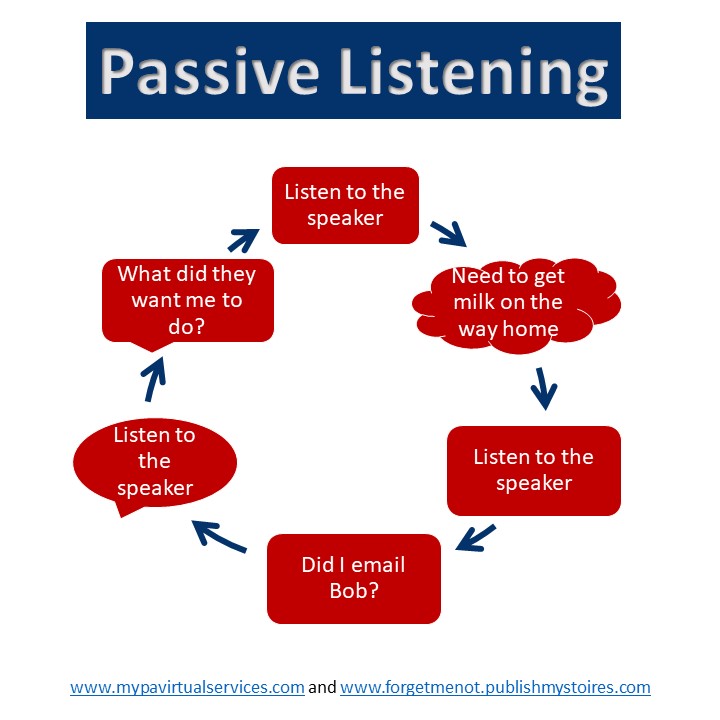
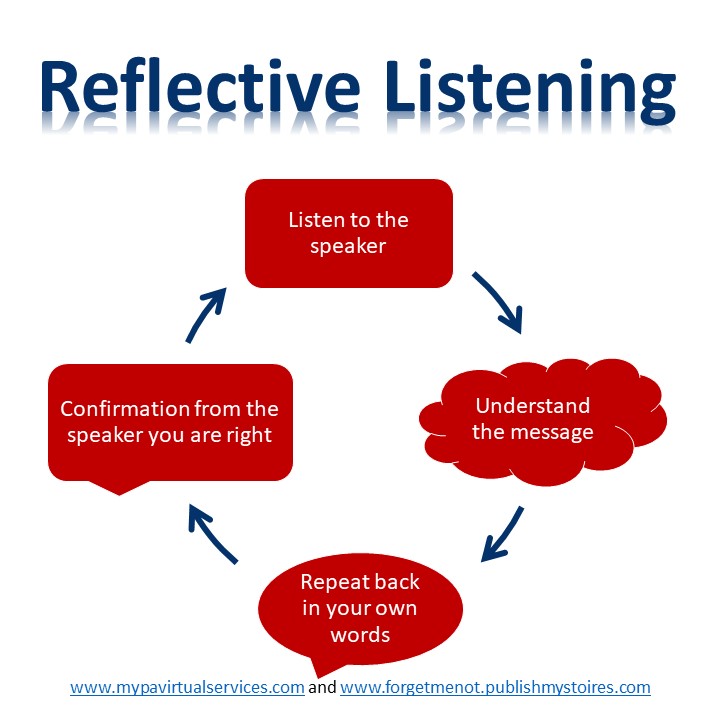
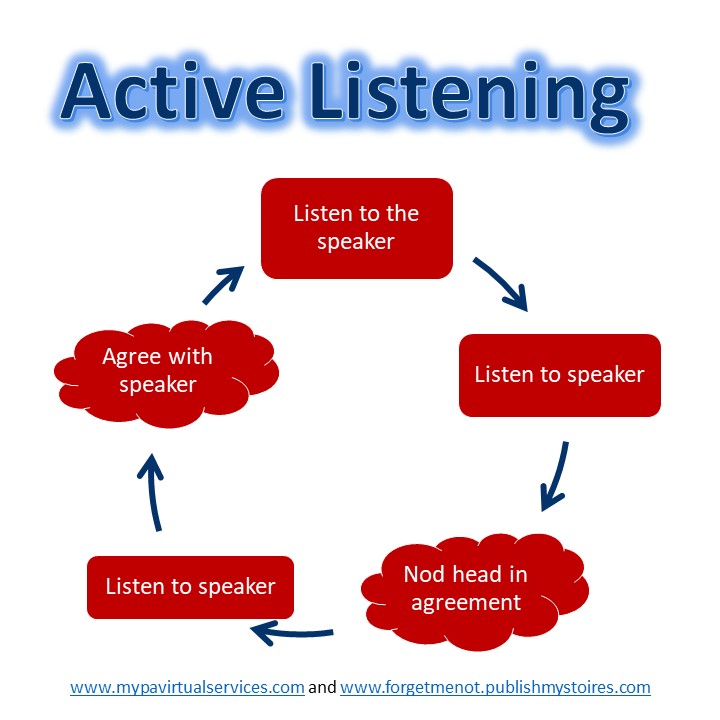
Think about your role at work. How much of your day are you communicating (listening, speaking, reading, or writing)? Each job is different, and the time we spend communicating can also vary from day to day.
Listening for Answers
The ability to listen is an important skill. Listening allows you to understand what the speaker is asking of you. It shows that you’re interested in what the speaker has to say.
We all experience common listening problems.
- Our attention wanders
- We miss the point
- Our emotions interfere
- We interrupt before the speaker has stopped speaking
- Thinking ahead and missing what’s being said now
Responding to Feelings
The content (the words spoken) is one thing, but how people feel gives full value to the message. Responding to the speaker’s feelings adds an extra dimension of listening. Are they disgusted and angry or in love and excited? Perhaps they are ambivalent! These are all feelings that you can reply to in your part of the conversation.
Reading Cues
Listening means we are also very conscious of the non-verbal aspects of the conversation.
- What are the speaker’s facial expressions, hand gestures, and posture telling us?
- Is their voice loud or shaky?
- Are they stressing certain points?
- Are they mumbling or having difficulty finding the words they want to say?
When you are listening to someone, these techniques will show a speaker that you are paying attention.
Physical indicators include making eye contact, nodding your head from time to time, and leaning into the conversation.
You can also give verbal cues or use phrases such as “Uh-huh,” “Go on,” and “Then what?”
You can use questions for clarification or summarising statements for example:
- “Do you mean they were charging £4.00 for just a cup of coffee?”
- “So, after you got a cab, got to the store, and found the right salesclerk, what happened then?”
Tips for Becoming a Better Listener
- Decide to listen – Look at the person speaking to you. Give them your undivided attention.
- Don’t interrupt – Make it a habit to let the speaker finish what they are saying.
- Make eye contact with the speaker. Don’t let your eyes wander.
- Make notes on important conversation.
- Ask questions throughout the conversation.
Learning Points
- There are three types of listening skills, passive, reflective and active listening
- If you do not understand what is being said, ask the person to repeat it back to you differently or use reflective listening to confirm their requests
- Backup your conversations with an email, letter or quotation so you can manage expectations from both

















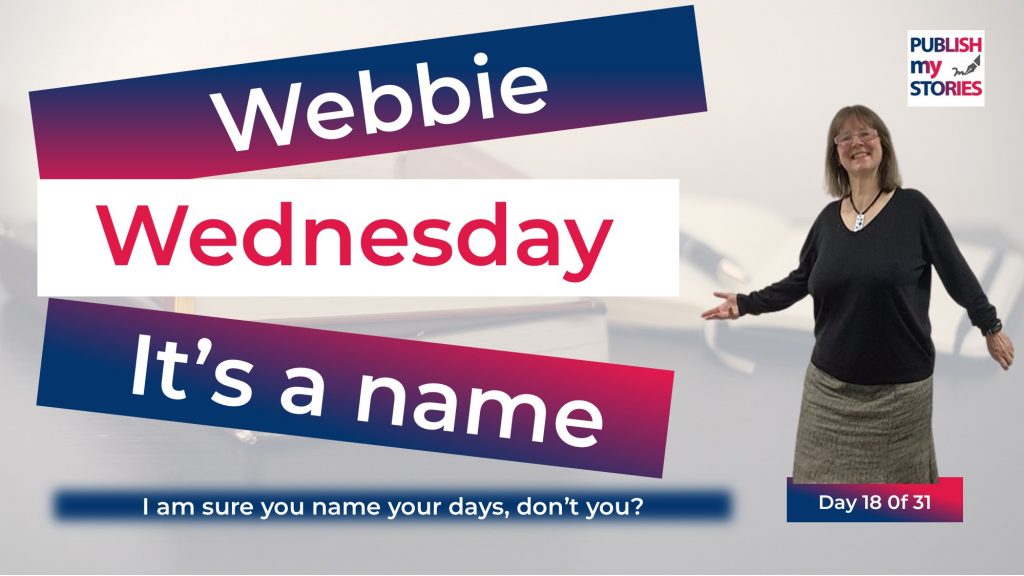
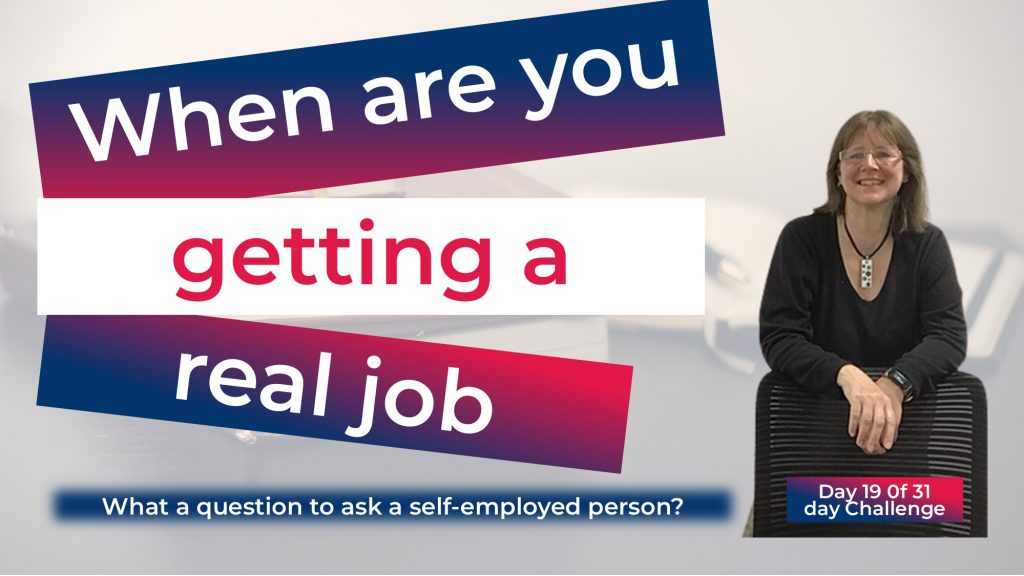







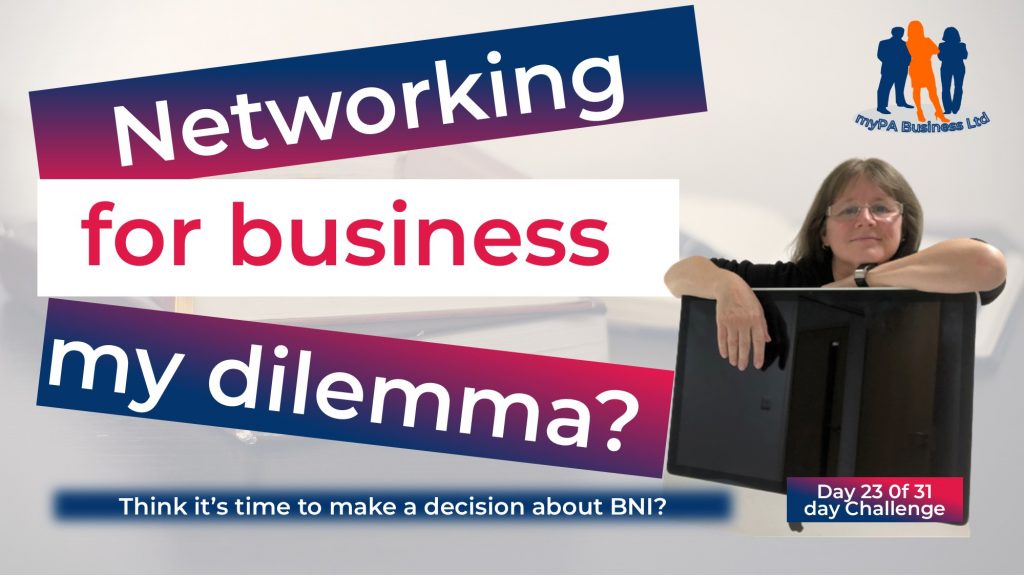




Recent Comments